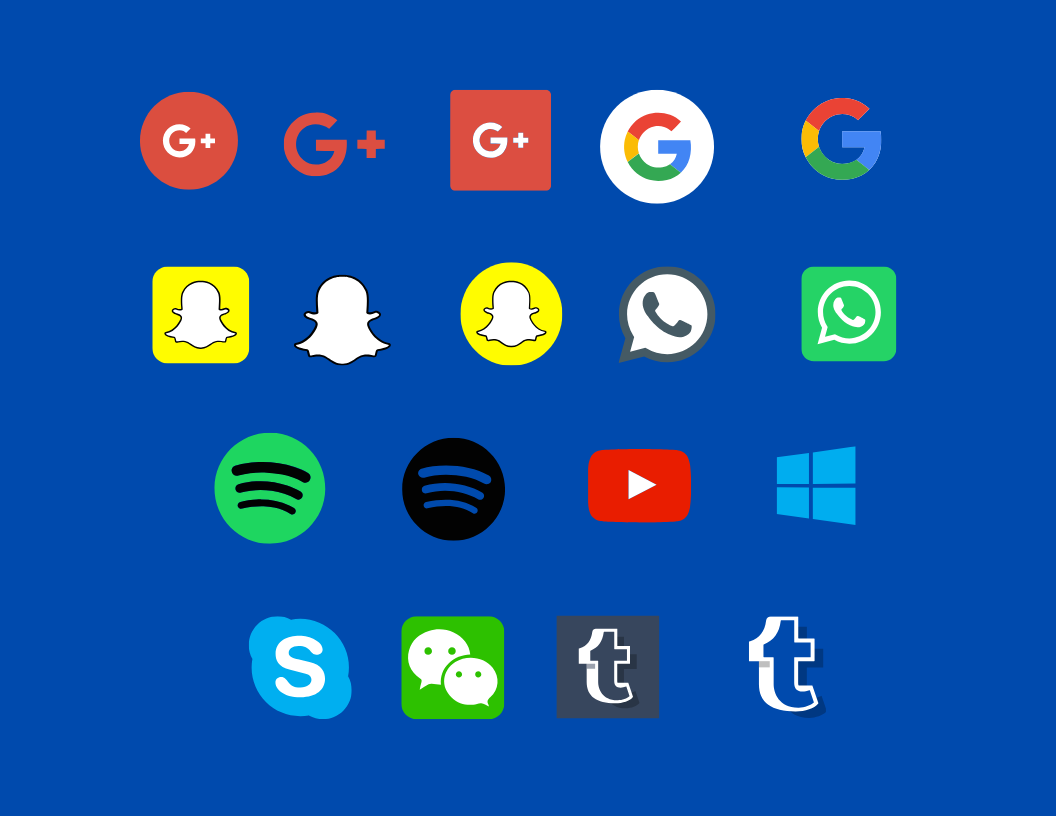Blog
13 Reasons Why Social Media is Good

Social media has revolutionized the way we connect, communicate, and consume information. While it has its challenges, there are numerous positive aspects to its use.
Here are 10 reasons why social media might be good for you:
1. Facilitates Global Connectivity
Social media breaks geographical barriers, allowing people from all corners of the world to connect. Whether it’s staying in touch with family, networking professionally, or meeting like-minded individuals, social media fosters global relationships.
2. Mental Health Support:
Online communities can offer support and understanding to people struggling with mental health issues. While social media can sometimes impact mental health negatively, it has also been a source of support. Many platforms promote mental health awareness, offering resources and forums where individuals can share their experiences and seek help.
3. A Platform for Awareness and Activism
Social media is a powerful tool for raising awareness about social, political, and environmental issues. Campaigns like #BlackLivesMatter and #ClimateAction have mobilized millions, driving meaningful change.
4. Enhances Business Opportunities
For entrepreneurs and businesses, social media provides a cost-effective platform to market products and services. It enables businesses to reach their target audience, build brand loyalty, and engage with customers directly.
5. Promotes Education and Learning
From online tutorials to free courses, social media offers vast educational resources. Platforms like YouTube, LinkedIn Learning, and even TikTok host educational content on diverse topics, catering to learners of all ages.
6. Encourages Creativity and Self-Expression
Social media platforms allow users to showcase their talents, whether in photography, writing, music, or art. Creators can share their work with a global audience, receive feedback, and even monetize their content.
7. Builds Communities
Social media creates spaces for people to connect based on shared interests or identities. From fitness groups to mental health support networks, these communities provide a sense of belonging and mutual support.
8. Drives Innovation and Collaboration
Social media enables collaboration between individuals and organizations, fostering innovation. Platforms like LinkedIn connect professionals across industries, sparking partnerships, and new ideas.
9. Real-Time Information Sharing
During emergencies or events, social media provides real-time updates, keeping people informed. It has become a critical tool for disaster response, public health communication, and breaking news.
10. Provides Job Opportunities
Through platforms like LinkedIn, social media has become a key tool for job seekers and recruiters. Candidates can showcase their skills, network with industry professionals, and discover job openings tailored to their expertise.
11. Bridges Generational Gaps
Social media connects people of different generations, enabling grandparents, parents, and younger family members to share updates and stay in touch. Platforms like WhatsApp and Facebook help families remain close despite distance or age differences.
12. Celebrates Diversity and Inclusion
Social media promotes the representation of diverse cultures, identities, and perspectives. Campaigns like #RepresentationMatters highlight the importance of inclusion in media, workplaces, and communities.
13. Provides a Voice for the Voiceless
Social media gives ordinary individuals a platform to share their stories and opinions, challenging traditional media gatekeeping. It empowers people to speak out against injustices and bring attention to overlooked issues.
When used mindfully, social media can be a force for good, enhancing lives and fostering connections. It empowers individuals, drives innovation, and builds communities, making it an indispensable part of modern life. The key lies in leveraging its benefits while mitigating its potential drawbacks.














